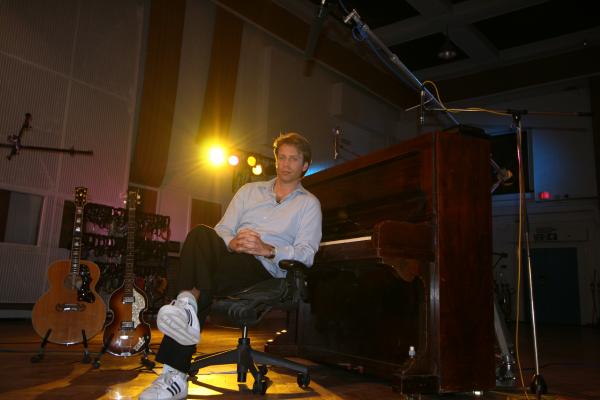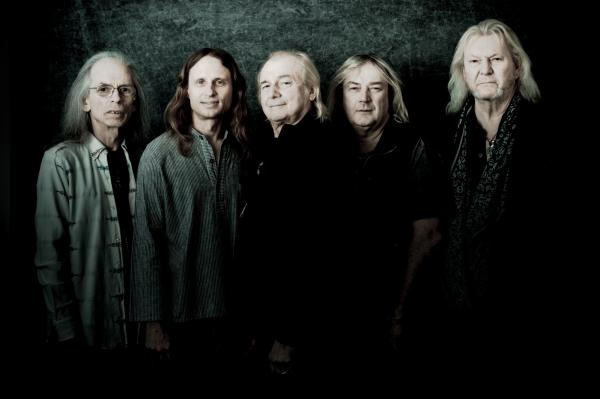The S&V Interview
Sort By: Post Date TitlePublish Date
|
Jun 25, 2014 |
|
Jun 11, 2014 |
|
May 28, 2014 |
|
Apr 30, 2014 |
|
Apr 17, 2014 |
First Published: Apr 15, 2014 |
|
Apr 02, 2014 |
|
Mar 26, 2014 |
First Published: Mar 25, 2014 |
|
Mar 12, 2014 |
|
Feb 12, 2014 |
|
Jan 29, 2014 |



















